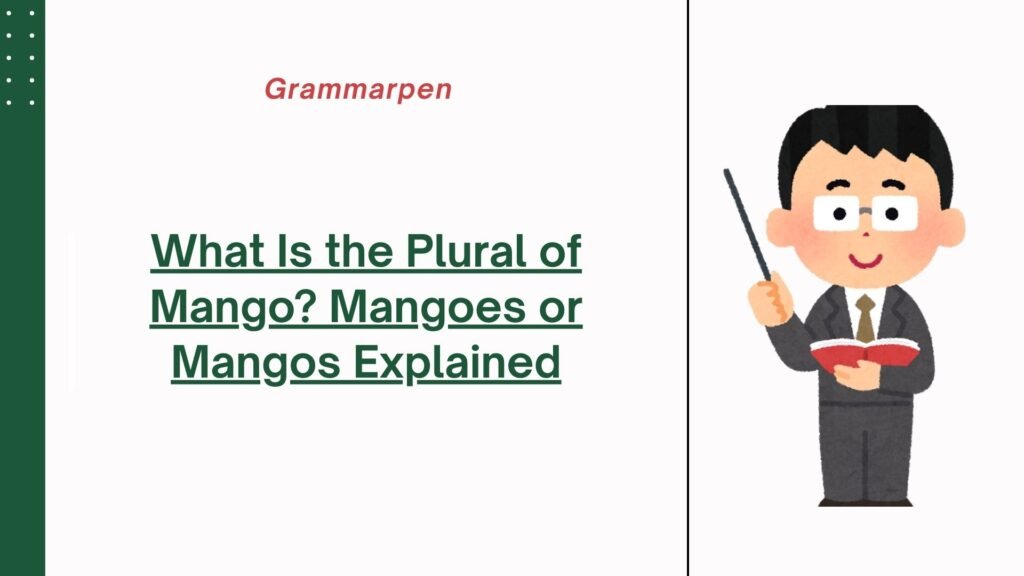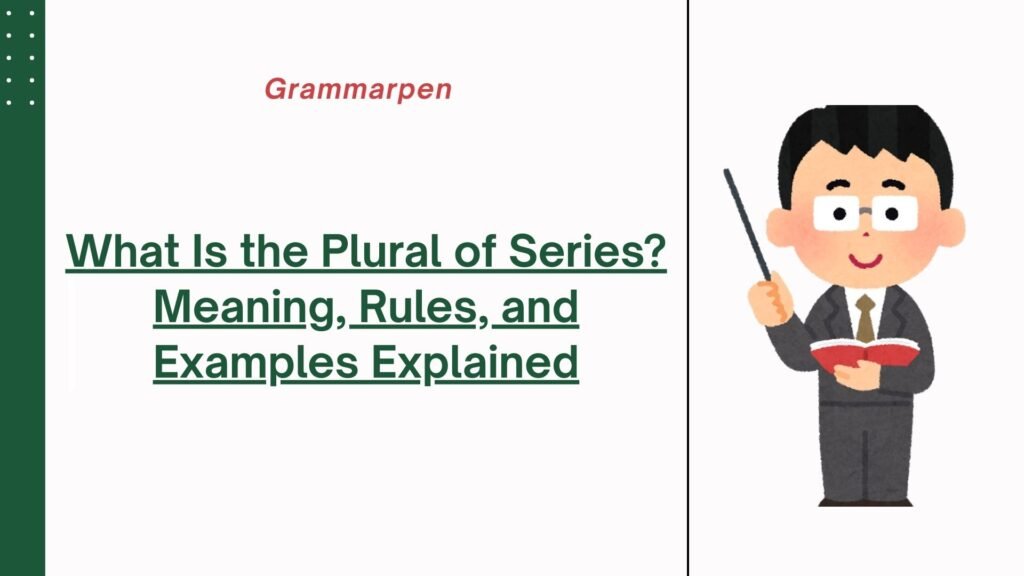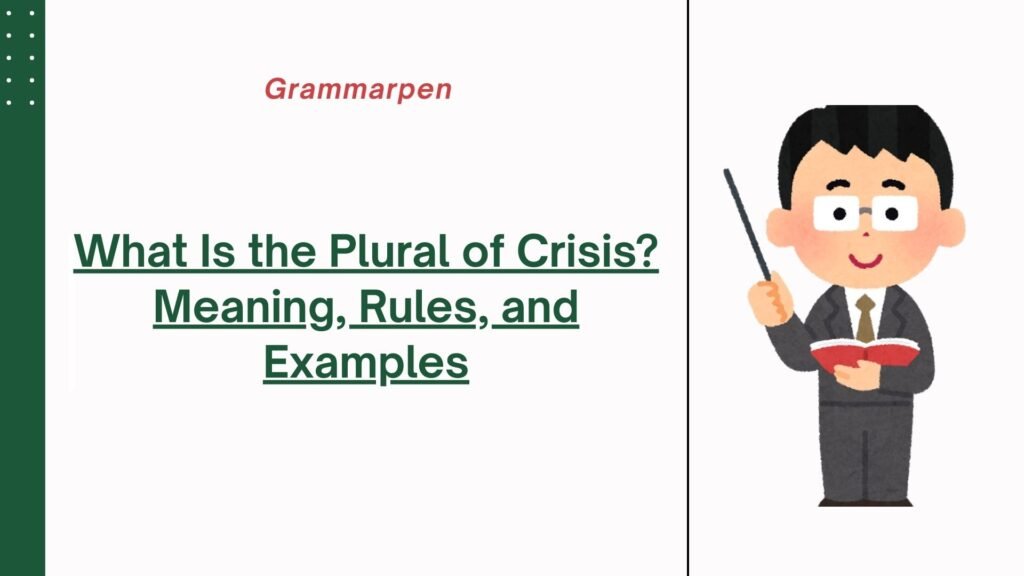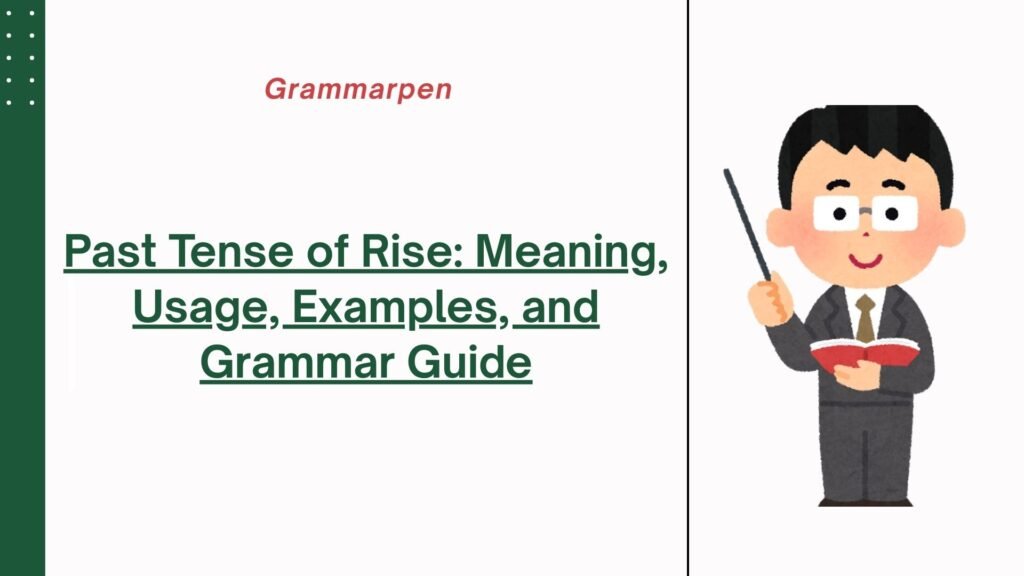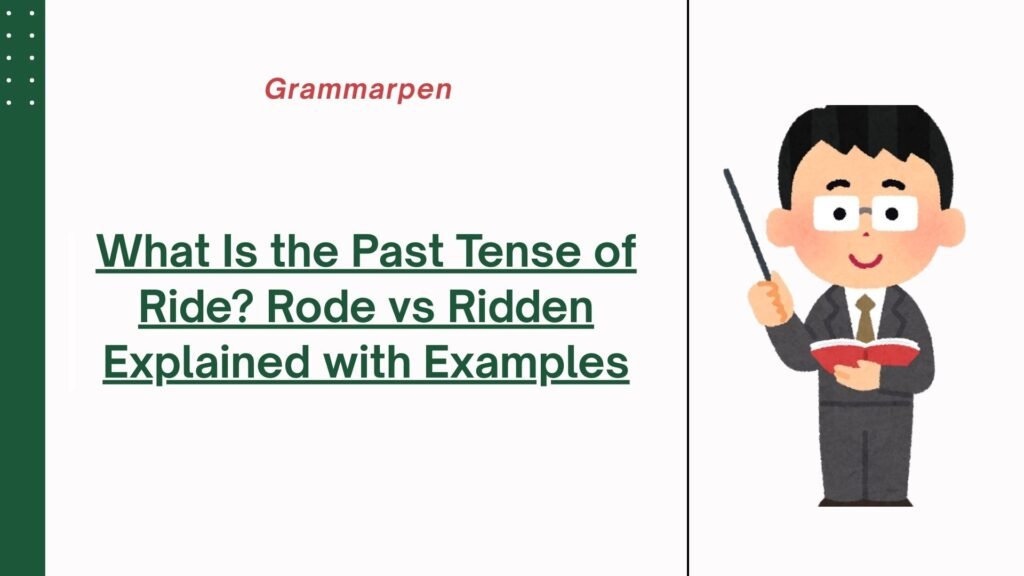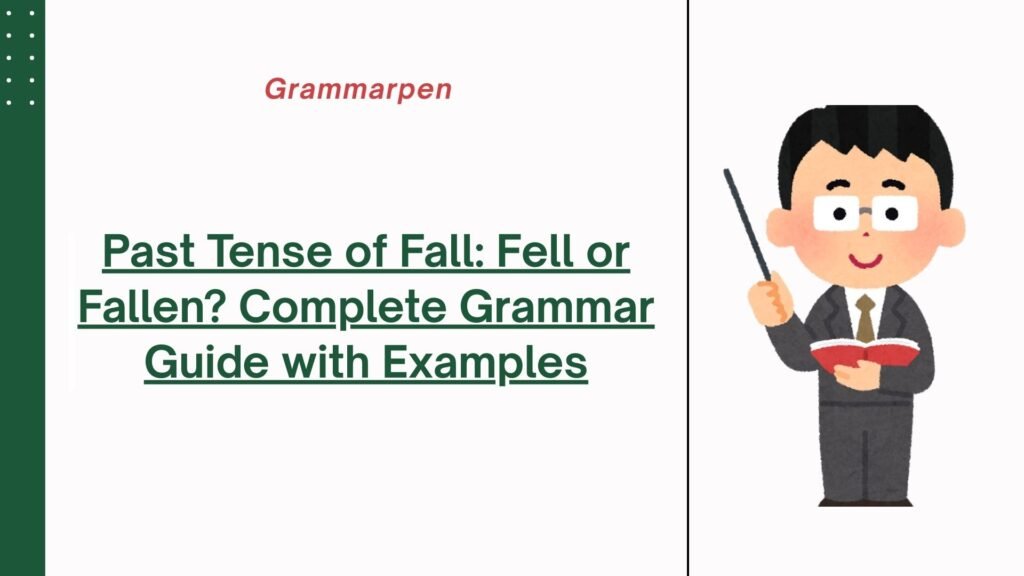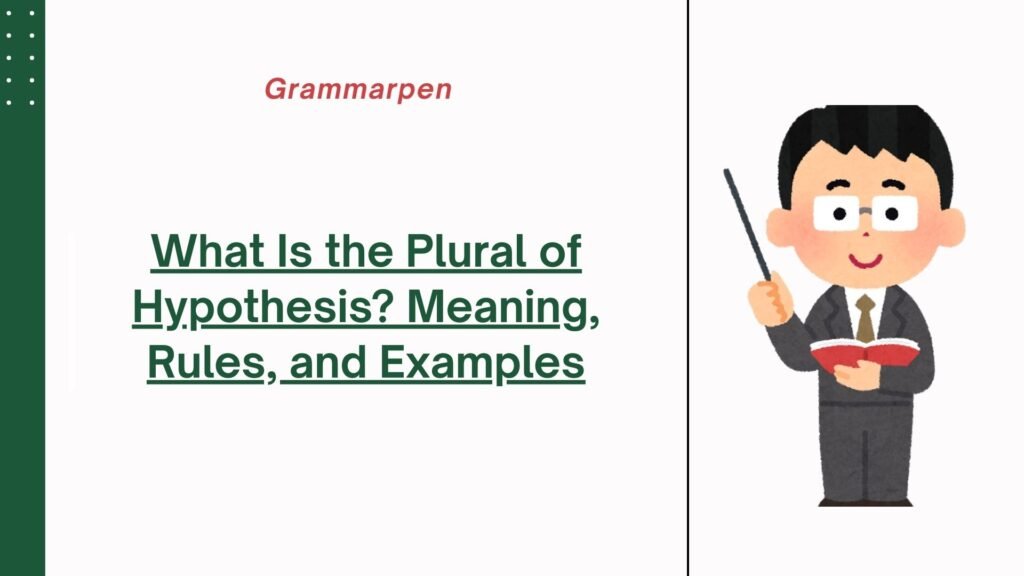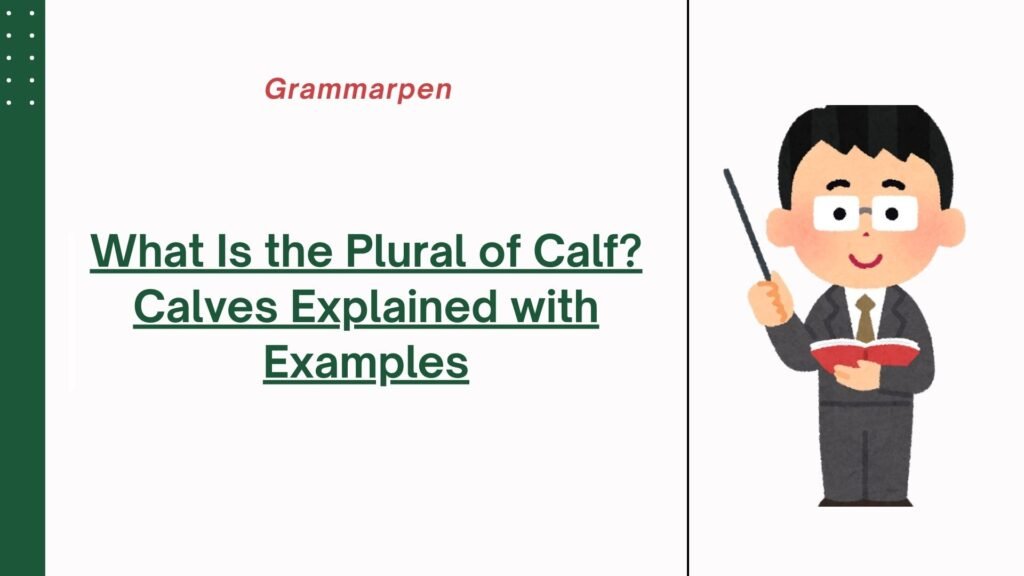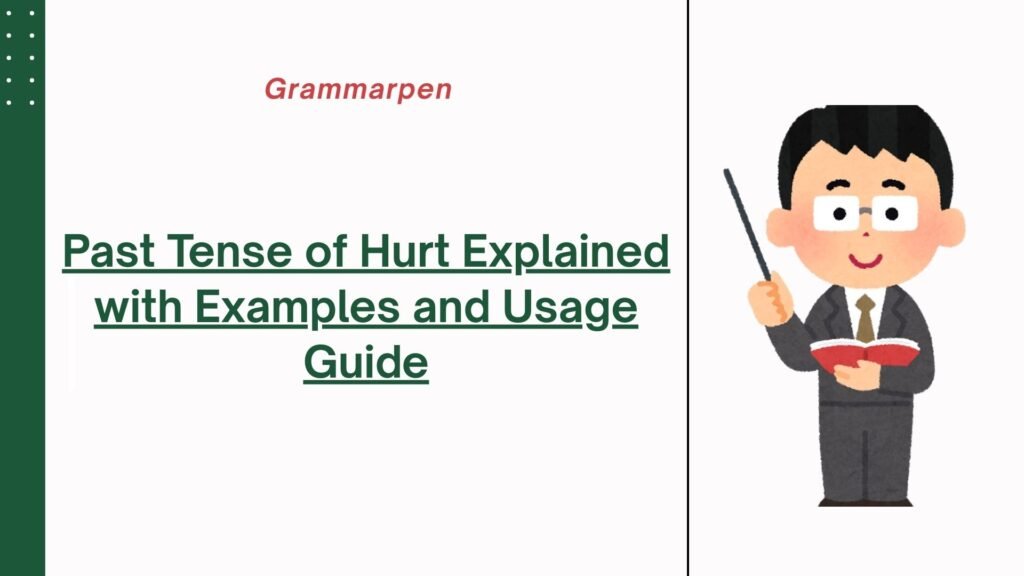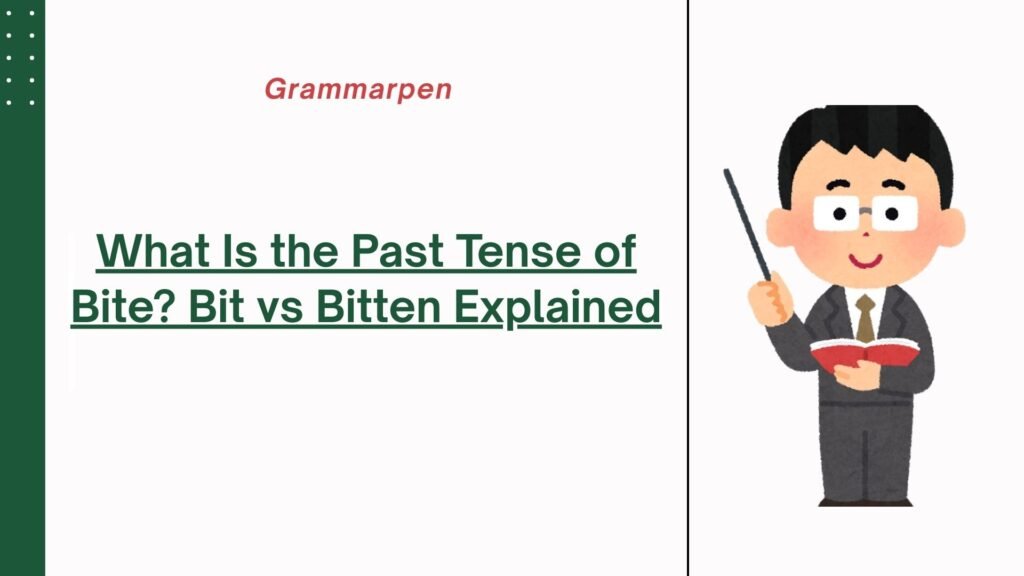What Is the Plural of Mango? Mangoes or Mangos Explained
Understanding how to form plurals is one of the first steps in mastering English grammar. Yet, some words create confusion because they do not follow the most familiar patterns. One of these is the word mango. People often ask if the plural should be mangos or mangoes. Both forms appear in writing, and many learners…
Read more

